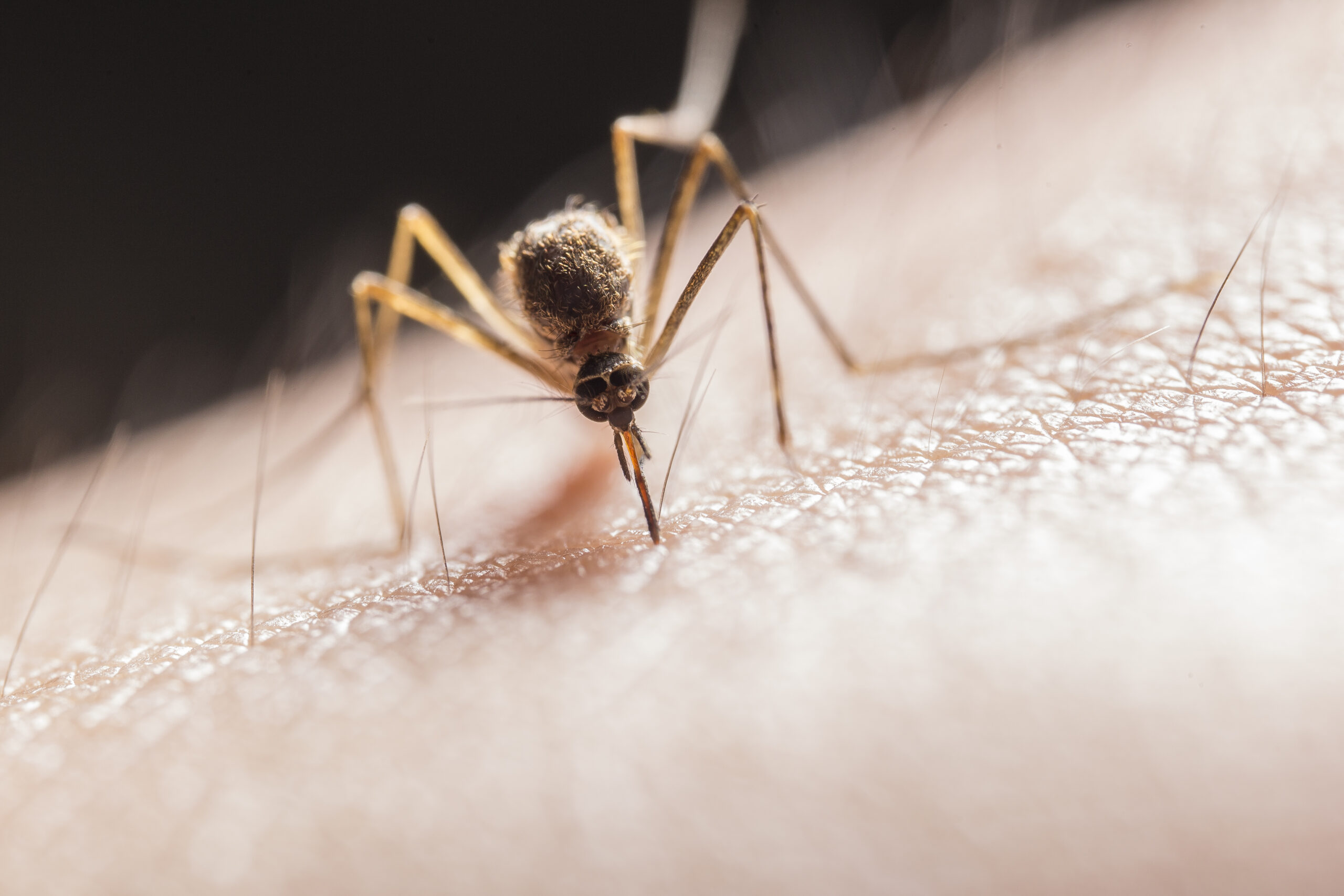Can you get Hepatitis from a mosquito bite?
Title: Can You Get Hepatitis from a Mosquito Bite?
Introduction:Mosquitoes are notorious for transmitting various diseases, such as malaria, dengue fever, and Zika virus. With such a reputation, it’s not surprising that questions arise about whether mosquitoes can also transmit hepatitis. In this blog, we will explore the relationship between mosquitoes and hepatitis, providing you with accurate information to ease any concerns you may have.
Understanding Hepatitis:Hepatitis refers to the inflammation of the liver, which can be caused by several factors, including viruses, alcohol abuse, autoimmune diseases, and certain medications. Viral hepatitis, the most common type, can further be classified into five types: A, B, C, D, and E. Hepatitis A and E are typically caused by ingestion of contaminated food or water, while hepatitis B, C, and D are bloodborne. These viruses can be transmitted through various means, such as from mother to child, sexual contact, or sharing needles.
Mosquitoes and Hepatitis:When it comes to hepatitis transmission, mosquitoes primarily play a role in transmitting diseases like malaria, dengue, and Zika virus. However, the likelihood of them transmitting viral hepatitis is extremely rare, and in most cases, it does not occur.
Hepatitis A and E, which are transmitted through contaminated food and water, cannot be spread through a mosquito bite. This is because the viruses are not present in the mosquito’s saliva, which is the main conduit for transmitting diseases.
On the other hand, hepatitis B, C, and D are bloodborne viruses. They primarily spread through contact with infected blood, sharing needles, or unprotected sexual intercourse. Unlike malaria or dengue, where the virus replicates inside the mosquito’s body before being transmitted, viruses like hepatitis B and C do not complete their lifecycle within mosquitoes. As a result, mosquitoes cannot transmit these bloodborne viruses from an infected person to a healthy person.
Prevention is Key:While the chances of contracting hepatitis through a mosquito bite are minuscule, it is crucial to focus on preventive measures to safeguard your health. Here are some general tips to prevent mosquito-borne diseases:
1. Use insect repellents: Apply a CDC-recommended insect repellent when spending time outdoors, especially in mosquito-prone areas.
2. Wear protective clothing: Wear long-sleeved shirts, long pants, and socks to reduce exposed skin areas and minimize the risk of mosquito bites.
3. Eliminate breeding sites: Mosquitoes breed in stagnant water, so remove any sources of standing water around your home, such as flower pots, buckets, or birdbaths.
4. Mosquito-proof your home: Install screens on windows and doors and use bed nets while sleeping to keep mosquitoes out.
5. Stay aware: Stay informed about the prevalence of mosquito-borne diseases in your area and take appropriate precautions accordingly.
Conclusion:While mosquito bites can lead to the transmission of various diseases, such as malaria, dengue fever, and Zika virus, the risk of getting hepatitis from a mosquito bite is extremely low. Hepatitis A and E are not transmitted through mosquitoes, and bloodborne hepatitis viruses like B, C, and D do not complete their lifecycle within mosquitoes. However, it is crucial to focus on preventive measures to avoid mosquito bites and protect yourself from other mosquito-borne illnesses. Stay informed, take necessary precautions, and consult a healthcare professional for personalized advice to maintain your well-being.



